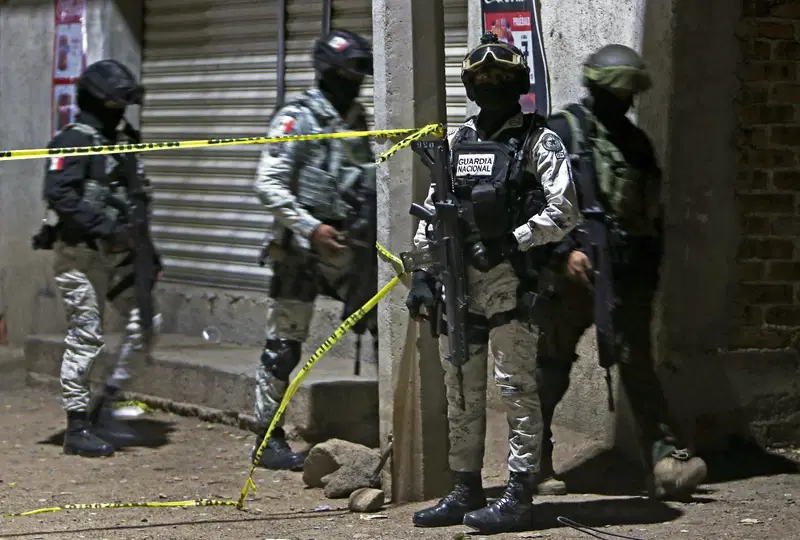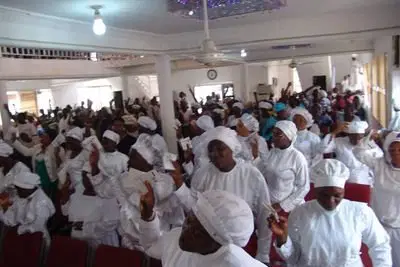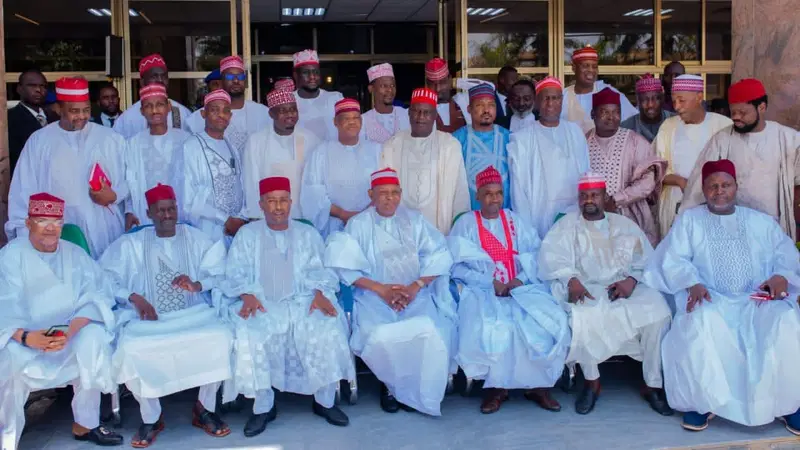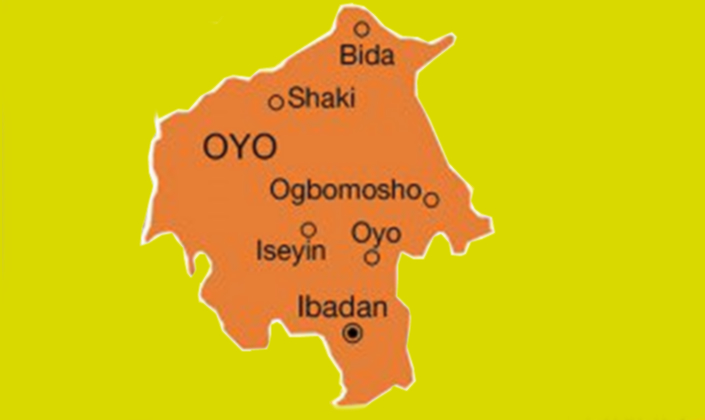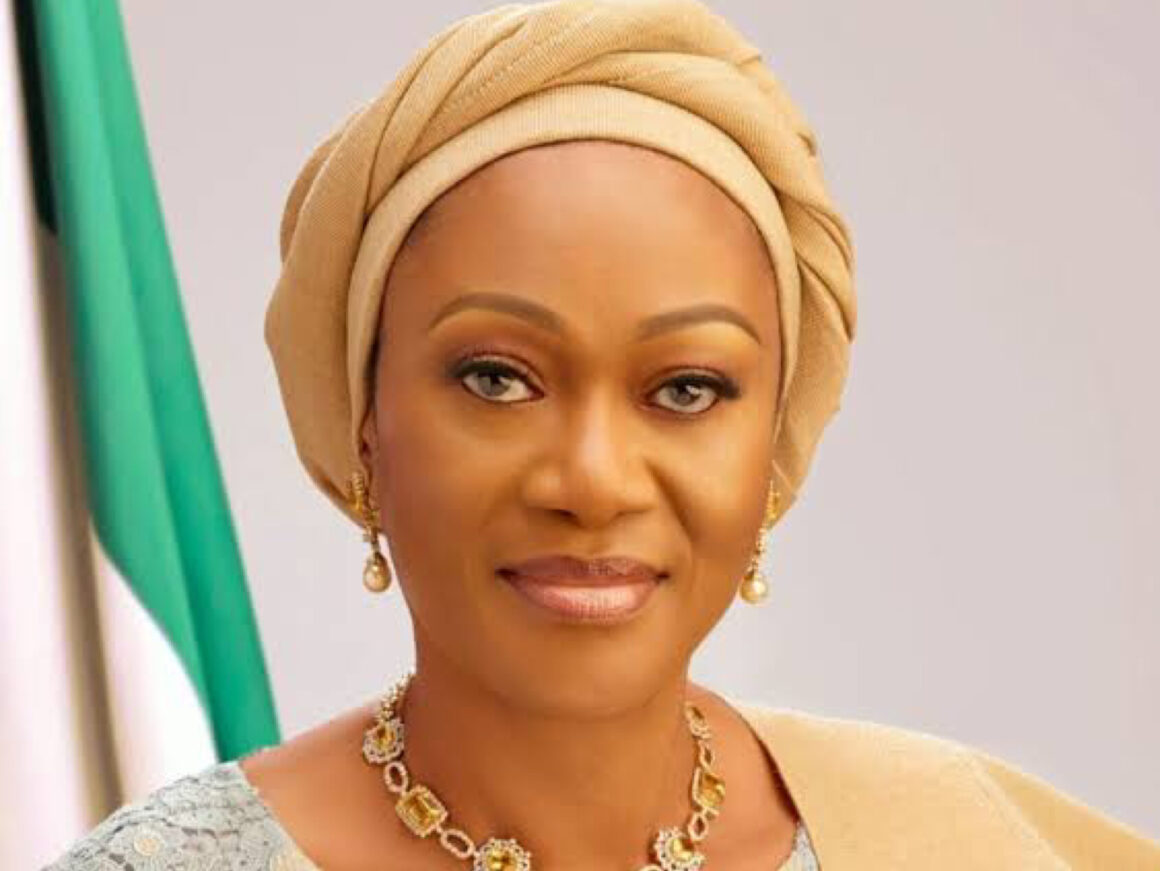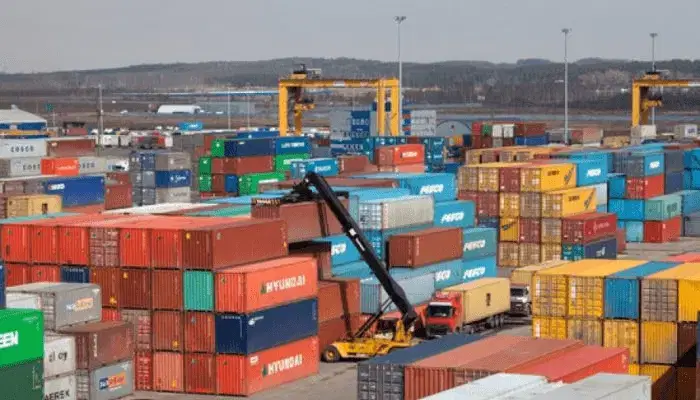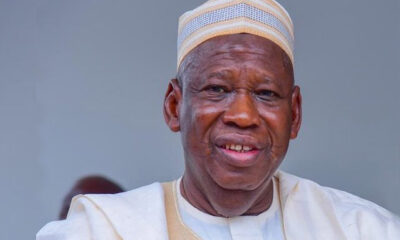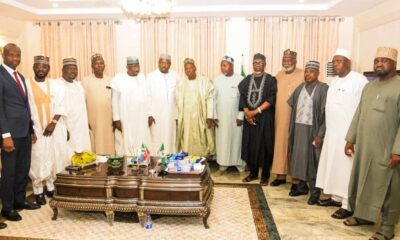News
Kano Anti-Graft Agency probes Alleged ₦4bn diversion linked to Ganduje era
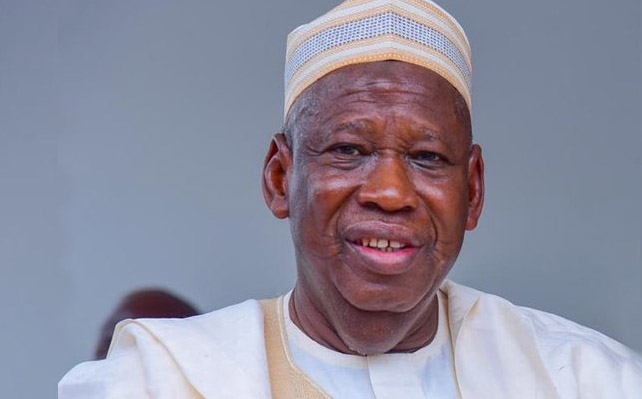
The Kano State Public Complaints and Anti-Corruption Commission (PCACC) has launched a fresh investigation into the alleged diversion of over ₦4 billion in state funds under the administration of former Governor Abdullahi Umar Ganduje for the Dala Inland Dry Port (DIDP), despite reports that the state had lost its equity in the project.
According to insider reports, the funds were allegedly released in 2020 under the pretext of developing infrastructure for the inland port. However, Kano State’s supposed 20% equity share was said to have been transferred to members of the Ganduje family, making them directors and shareholders, and effectively removing the state as a co-owner.
Confirming the development, PCACC Chairman, Saidu Yahya, said the Commission acted on public petitions alleging large-scale financial misappropriation linked to the Dala project. “Yes, we received petitions from the public on the alleged over ₦4 billion Kano State fund diverted into the Dala Inland Dry Port by the immediate past administration of Gov. Abdullahi Ganduje,” Yahya said.
He explained that the investigation is at an advanced stage, with several individuals already questioned. One suspect has reportedly been arrested and released on bail after providing crucial information, while another key individual believed to be in Yola, Adamawa State, is being tracked for interrogation. “The matter would soon be charged to court, as a prima facie case has already been established,” Yahya added.
The alleged diversion and equity transfer have raised serious questions about transparency and accountability in the former administration, with critics arguing that investing public funds in a project no longer owned by the state amounts to gross abuse of office.
However, the management of the Dala Inland Dry Port has refuted all allegations, insisting that neither the Ganduje family nor the Kano State Government has any ownership stake in the company.
In a statement signed by the Company Secretary, Barr. Adamu Aliyu Sanda, the firm described the allegations as “false and misleading,” stressing that Corporate Affairs Commission (CAC) records confirm that no member of the Ganduje family has ever held shares, directorship, or signatory authority in DIDP.
According to the company, the project was initially controlled by Ahmad Rabi’u before 80% of it was sold to City Green Enterprises (CGE), with Rabi’u retaining 20%, which he allegedly has not completed payment for. It also accused Rabi’u of forging a document that falsely showed Ganduje’s children as shareholders, claiming it was part of a political attempt to damage reputations after his removal as managing director.
The statement further clarified that Kano State never owned equity in the project, as its role was limited to providing infrastructure as part of a Corporate Social Responsibility (CSR) effort, not an investment. It also denied that any representative of the state, including one Abdullahi Haruna, ever sat on the company’s board.
“You cannot ‘remove’ an entity that never existed as a shareholder or director in the first place,” the company said, maintaining that all filings since inception show no ownership links to either Ganduje or the state government.
Meanwhile, the controversy has stirred strong public reactions in Kano. Civil society organisations have called for transparency and recovery of any public funds proven to have been misused. “It is disheartening that such a huge sum could be spent on a project the state no longer owned,” said Musa Aliyu, a Kano-based activist. “We commend the anti-corruption agency and hope this case will not be swept under the carpet.”
The Dala Inland Dry Port, designed as a major trade and logistics hub for northern Nigeria, has now become the focal point of one of the most politically charged corruption probes tied to the Ganduje era. With the PCACC investigation nearing completion, prosecution is expected soon as public interest in the case continues to grow.
-

 News10 hours ago
News10 hours agoOpposition Reps raise alarm over alleged non-implementation of 2025 budget
-

 News7 hours ago
News7 hours agoBREAKING: Soludo orders closure of Onitsha Main Market over sit-at-home defiance
-

 Business10 hours ago
Business10 hours agoCurrency outside Banks rises 10.2% as money supply expands
-
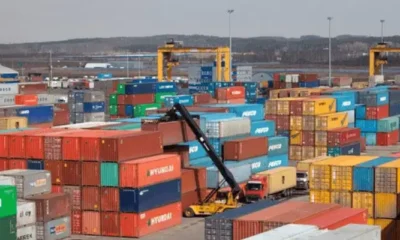
 World News10 hours ago
World News10 hours agoNigeria’s exports to Africa hits N4.82trn
-

 News2 hours ago
News2 hours agoAlleged Coup Plot: Military to arraign 16 Officers after investigation
-
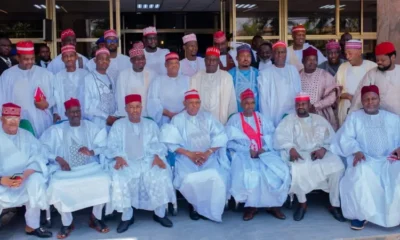
 News2 hours ago
News2 hours ago21 Kano Lawmakers dump NNPP, follow Gov Yusuf to APC
-

 National News10 hours ago
National News10 hours agoClean Energy key to survival, healthy living — Remi Tinubu
-
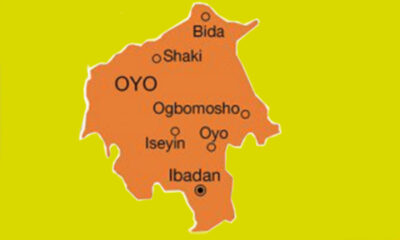
 Metro10 hours ago
Metro10 hours agoPolice Inspector killed as officers rescue kidnap victim in Oyo



